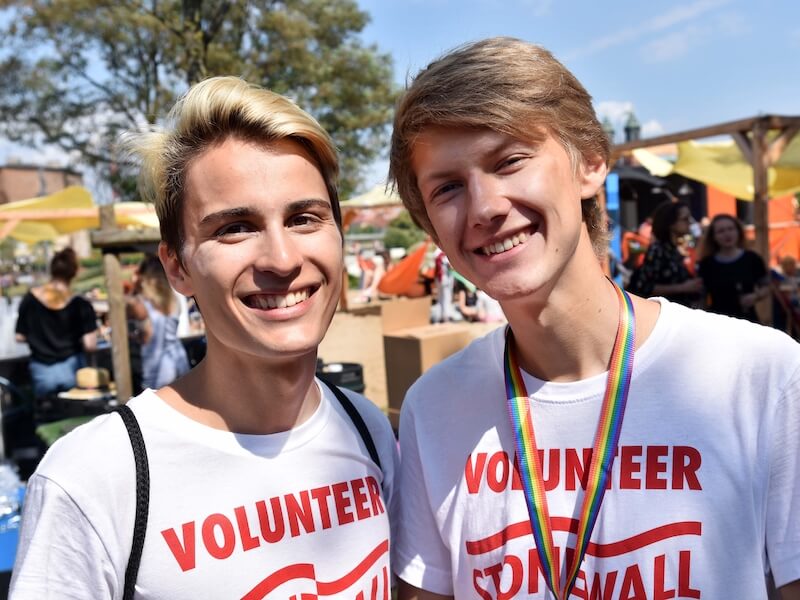- About
- Topics
- Picks
- Audio
- Story
- In-Depth
- Opinion
- News
- Donate
- Signup for our newsletterOur Editors' Best Picks.Send
Read, Debate: Engage.
The rhetoric of the ruling conservative Law and Justice Party (PiS) as well as the Catholic Church has been clear in Poland – "pro-family" and "anti-LGBT ideology" are in their agenda. PiS used this narrative in their campaigns for national and European elections last year.
Promoting these ideas and supporting them using further narrative of protecting children from "imported ideologies" has come so far that by the beginning of this year, one third of municipalities and local governments in Poland declared their areas LGBT-free zones.
Signing resolutions for family rights or against LGBT propaganda started in reaction to a declaration on equal rights for LGBT minority by the mayor of Poland's capital, Warsaw, Rafał Trzaskowski. While the LGBT community still considers big cities in the country safe, an area of the size of Hungary has already adopted discriminatory approaches, mostly in the south-east of the country. The Atlas of Hate, an interactive map of Poland created by local activists, divides the whole country into three zones. The red zone openly declares its anti-LGBT attitudes. In the yellow zone strong lobby is ongoing to accept the discriminatory declarations, and the green zone has said "no" to discrimination.
Dangerous statements of PiS politicians have also been accompanied by attempts to cancel Pride Marches. Last year, the police arrested human rights activist Elżbieta Podleśna at the Equality March in the city of Częstochowa and she was charged with "offending religious beliefs" for holding posters of Virgin Mary with a rainbow halo. The media also got involved; the conservative newspaper Gazeta Polska published stickers of LGBT-free zones for its readers.
In a reaction to these activities and campaigns, the European Parliament passed a resolution last December that condemns the establishing of such zones. Yet, even so, new municipalities followed suit.
According to the latest EU Barometer published in October 2019, Polish respondents were more likely to agree that gay, lesbian, and bisexual people should have the same rights as heterosexuals than they were in 2015. However, the LGBT minority currently does not feel so in the country. Many fear admitting their sexual orientation because of the potential violence against them. Human rights activists point at consequences of LGBT-free zones. Apart from being discriminated in the streets, the minority is also discriminated in accessing funds for their NGOs in some municipalities.
There is a minority in Poland that does not feel safe in the places where they live. And the fact that the government of a democratic country, an EU Member State, and other powerful institutions in the country do not hesitate to use their positions of power to promote discrimination is alarming.
Perhaps this is why the separation of church and state is so important.
Image by Wokandapix

